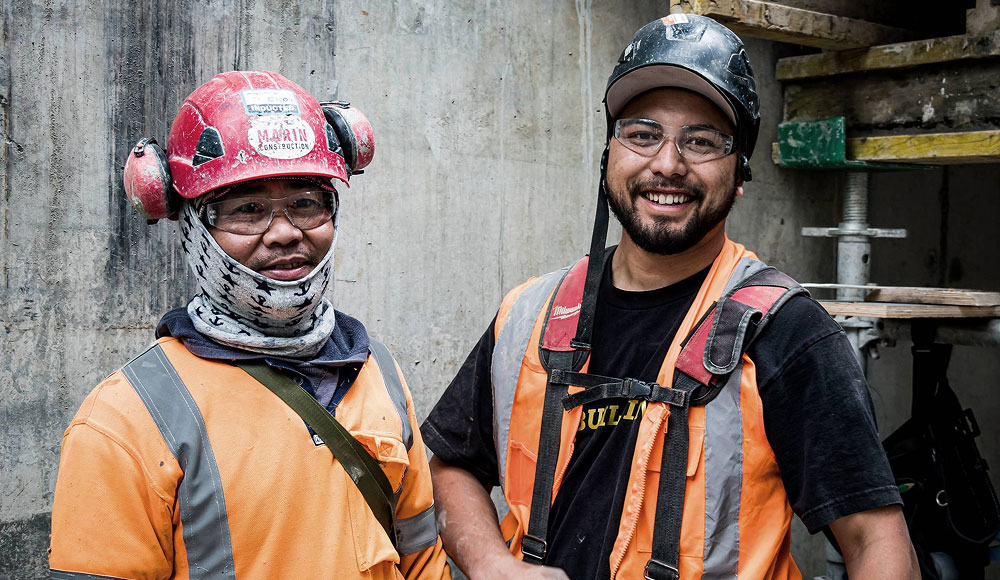
Hiring from the Philippines is a smart move, but it can feel complex if you’ve never done it before. Below are answers to the most common questions Australian employers ask when starting out. From legality to logistics, this guide has you covered.
1. Is it legal to hire workers from the Philippines?
Yes, but only if you follow both Philippine and Australian laws. You must:
- Use a recruitment agency licensed by the Philippine Department of Migrant Workers (DMW).
- Engage an OMARA Registered Migration Agent in Australia to manage the visa process.
Hiring directly or through unlicensed brokers can expose you to fines, recruitment bans and reputational damage.
Working In partners only with licensed agencies and provides full compliance support, so you stay protected from day one.
2. What roles can I sponsor?
More than you might expect. Commonly sponsored roles from the Philippines include:
- Skilled Registered nurses
- Skilled Carpenters, electricians, fitters
- Skilled IT professionals and engineers
Semi-skilled (via DAMA pathways)
- Aged care workers
- Kitchen hands
- Forklift drivers
- Meat workers
- Logistics and hospitality staff
We can help assess eligibility and recommend the right pathway based on your location, role and business goals.
3. What visa types apply?
The most commonly used visa options are:
- TSS 482 (Temporary Skill Shortage) – for skilled roles, valid up to 4 years.
- ENS 186 (Employer Nomination Scheme) – permanent residency, direct or via a 482 transition.
- DAMA – for regional and hard-to-fill roles with concessions on salary, English, and experience.
We’ll guide you through which one best suits your role and worker profile.
4. How long does it take?
Typical timeline: 3 to 6 months. This includes:
- Labour market testing
- Employer sponsorship approval
- POEA/DMW job order clearance
- Visa lodgement and processing
- Relocation planning
Start early and plan ahead, especially for project deadlines or seasonal needs.
5. Do I have to pay for everything?
Yes, and that’s the law.
Under Australian and Philippine regulations, employers must cover:
- Visa and nomination fees
- Skilling Australians Fund (SAF) levy
- Recruitment and relocation support
It’s illegal to pass these costs onto the worker. Ethical recruitment keeps you compliant and protects the wellbeing of your team.
6. What about the risk of “flight risk”?
When hired and settled properly, Filipino workers are among the most loyal. Retention improves when you:
- Offer a clear path to PR
- Support family relocation
- Provide good onboarding and community support
Our clients often report better retention outcomes with migrant hires than with local temp or contract staff.
7. Can I sponsor someone already in Australia?
Yes, many Filipino nationals already living in Australia on student, tourist or bridging visas may be eligible for sponsorship.
We can assess their visa status and guide you through the transition process.
8. What support do workers need after they arrive?
To set up your new hire for success, you’ll want to support:
- Flights and airport pickup
- Temporary accommodation
- Banking, tax file number, phone setup
- Local orientation and cultural integration
- Family settlement (if applicable)
Working In offers full wraparound relocation support so your new hire feels confident and capable on day one.
9. What happens if I get audited?
If you’re working with us, nothing to worry about.
We provide:
- Compliance templates
- Recordkeeping guides
- Visa monitoring
- Support if the Department of Home Affairs reviews your case
Staying compliant is part of your obligation as a sponsor, but it doesn’t have to be stressful.

